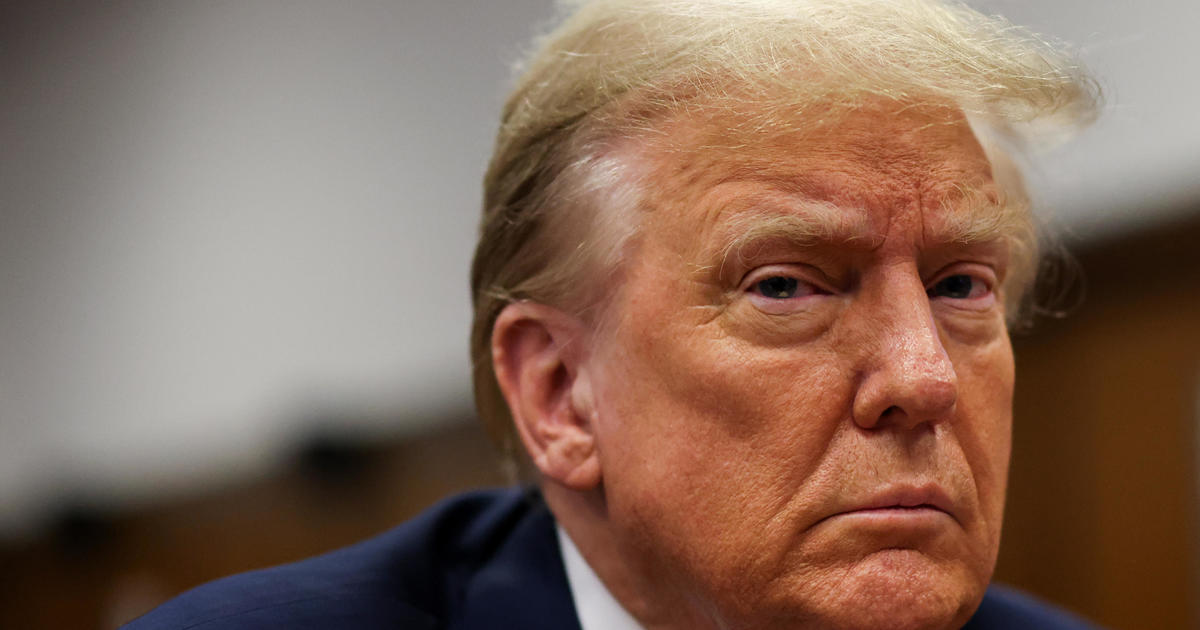"Broken" Washington a threat to U.S. economy, former Treasury secretary warns
A decade after the financial crisis wiped out the home values and retirement savings of millions of Americans, the U.S. faces a new risk to the economy — Washington dysfunction — and has too few tools to withstand a future financial collapse, according to a trio of policymakers who steered the country through the 2008 crisis.
Timothy Geithner, a former Treasury Secretary under Barack Obama and one of the architects of the federal government's controversial bailout of major banks, called the current political system "broken" in an interview with CBS News correspondent Alex Wagner.
"No economy can be stronger than its political system. And the political system of the United States today has lost the capacity to govern and lost the core requirements not just to make people confident in the fairness of the system, but to buy into compromise on the tough challenges we face," Geithner said.
"Dysfunctional" political system
Political gridlock ultimately could harm the American economy, Geithner added. "It's not something we can survive indefinitely. We can't withstand the effects of a prolonged period of a system this broken, this dysfunctional," he said.
Former Treasury Secretary Henry Paulson, a co-architect of the bank bailout in 2008, said he is optimistic the U.S. and China will "come to an agreement and end the tariff war." He also expects the two countries' relationship to remain tense for years.
"We need to find common ground with China for a global economic system to work, for us to have peace, prosperity," he said.
Unprepared for the next crash
A decade after the 2008 banking crisis, the U.S remains unprepared for another financial collapse, former Federal Reserve Chairman Ben Bernanke told CBS News.
Both the Bush and Obama administrations and the Fed took painful steps to stem the crisis the last time around, including bailing out banks. But these financial crisis vets agree that lawmakers and policymakers must be ready to act quickly — and collaboratively — the next time the economy faces a potentially crippling threat.
"I think the U.S. political system is not really set up to deal with [a financial crisis]," Bernanke said. "It happens quickly, it requires emergency interventions, it's hard for the Congress to sit down and work out everything in real-time. It would be good if there were more flexibility to allow a 'first responder' to deal with the financial crisis and then allow Congress to weigh in as needed over time."
While there are tighter regulations on banks and other financial institutions, and a crisis is less likely to occur, the financial crisis vets say there's not enough access to the policy tools needed to steer the country through the kinds of challenges seen in 2008.
"Congress has taken the tools away from us," Paulson said.
Editor's Note: This story has been updated to more accurately reflect Paulson's comments on China.



